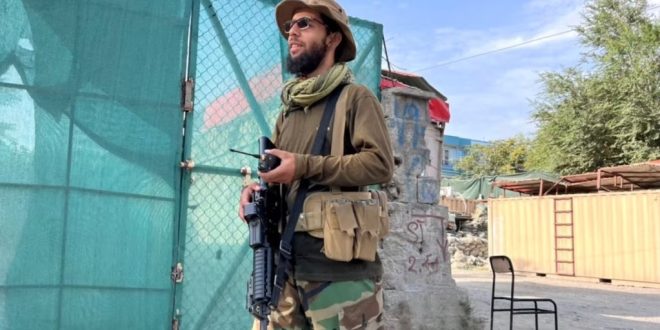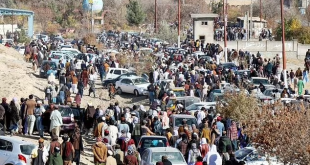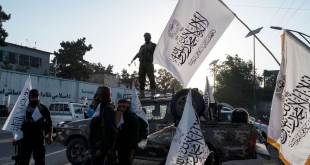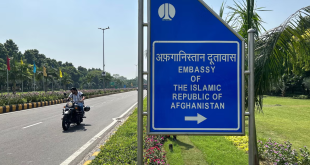AT News
KABUL – Amid ongoing doubts about counterterrorism pledges made by Taliban leaders, conflicting claims surrounding the death of Ayman al-Zawahiri, al-Qaida’s former chief, continue to persist nearly a year after a U.S. drone strike in Kabul eliminated the world’s most wanted terrorist.
Taliban Defense Minister Mullah Mohammad Yaqoob, speaking to Al Arabia television on Friday, reiterated their denial of involvement in al-Zawahiri’s killing, asserting that they had no prior information about his presence or the operation that led to his death.
Adding to the confusion, the Taliban governor of Kabul, Mohammad Qassim Khalid, stated on Saturday to TOLO News, that there is no concrete evidence to prove that al-Zawahiri was killed in Kabul.
These conflicting statements come shortly after U.S. President Joe Biden declared cooperation between Washington and the Taliban to remove al-Qaida terrorists from Afghanistan, emphasizing that al-Qaida would no longer be present in the war-torn country.
In response to Biden’s remarks, the Taliban Foreign Ministry described them as an “acknowledgment of reality” regarding the absence of armed groups in Afghanistan. However, they did not directly address the aspect of counterterrorism cooperation between the two former adversaries.
Last year, on July 31, 2022, Ayman al-Zawahiri, the 71-year-old Egyptian jihadist leader, was killed in Kabul’s upscale Sherpur area when a drone fired two Hellfire missiles at the three-story house where he was staying with members of his immediate family. Biden, announcing the news to the American nation, stated that a precision strike had been authorized based on clear and convincing evidence of his location.
At the time, the Taliban authorities claimed to have had no knowledge of al-Zawahiri’s presence in Kabul and promised a thorough investigation into the incident. However, the outcome of this investigation remains undisclosed, and the Taliban continues to make contradictory statements or evade accountability.
The refusal of the Taliban to admit al-Zawahiri’s presence in Kabul has raised concerns among critics, who question their commitment to combat terrorism within Afghanistan’s borders. Neighboring Pakistan has also voiced concerns about the upsurge in terrorist attacks orchestrated by fugitive leaders of the outlawed Tehrik-i-Taliban Pakistan (TTP), listed as a global terrorist organization by the U.S.
Pakistani officials claim that the TTP has been enjoying “greater operational freedom” in Afghanistan since the Taliban took control of the country in August 2021. The Taliban, however, deny these allegations, asserting that no foreign terrorist groups are operating within Afghanistan’s territory.
 Afghanistan Times
Afghanistan Times




